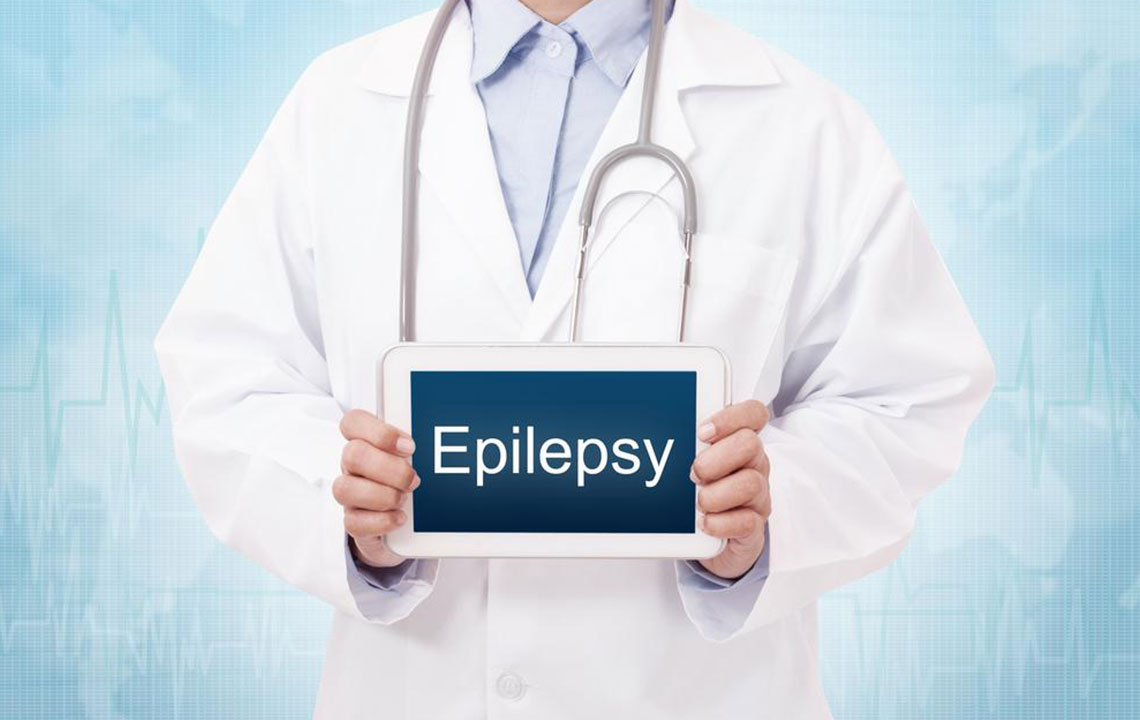Comprehensive Guide to Effectively Managing Epilepsy for Better Quality of Life
This comprehensive guide offers effective strategies for managing epilepsy, emphasizing personalized treatment, diet, lifestyle changes, trigger avoidance, and emotional support to improve patients' quality of life. It highlights the importance of professional medical advice and maintaining healthy habits to control seizures effectively.

Comprehensive Strategies for Managing Epilepsy Effectively
Epilepsy is a complex neurological disorder characterized by recurrent, unpredictable seizures caused by abnormal electrical discharges in the brain. It affects millions of individuals worldwide, regardless of age, gender, or background. The condition manifests through a variety of symptoms, including convulsions, altered consciousness, behavioral changes, and sensory disturbances. While some patients experience periods of remission, others face ongoing challenges that impact their daily lives. Proper management of epilepsy can significantly improve quality of life, reduce seizure frequency, and promote overall health. Below, we explore the most effective strategies for managing epilepsy comprehensively.
Develop a Personalized Treatment Plan
Initiating management with the guidance of healthcare professionals is essential. A neurologist or epileptologist can evaluate symptoms, conduct diagnostic tests such as EEGs, MRIs, and blood analyses, and prescribe appropriate medications tailored to individual needs. Anti-epileptic drugs (AEDs) are the primary treatment modality, with various options available to control seizure activity effectively. In some cases, combination therapy or alternative treatments like neurostimulation or surgery might be considered. Regular follow-ups are crucial to monitor efficacy, adjust dosages, and manage side effects.
Adopt a Nutritious and Balanced Diet
Nutrition plays a vital role in managing epilepsy. Consuming a well-balanced diet rich in vitamins, minerals, and essential nutrients supports brain health and overall well-being. Carbohydrates from wholesome sources like potatoes, rice, bread, and whole grains provide sustained energy, helping to stabilize blood sugar levels which can influence seizure susceptibility. Proteins from sources such as dairy products, lean meats, fish, beans, and legumes contribute to muscular strength, hormone regulation, and blood cell production, all of which support neurological health. Ensuring adequate hydration and avoiding harmful substances further aid in reducing seizure triggers.
Identify and Steer Clear of Triggers
Recognizing specific triggers is fundamental in epilepsy management. Certain foods, environmental factors, or habits can precipitate seizures. Common dietary triggers include caffeine, excessive sugar, chocolate, and high salt intake. Lifestyle factors such as irregular sleep patterns, stress, alcohol consumption, and exposure to flashing lights or loud noises may also provoke seizures. Keeping a detailed seizure diary helps in identifying patterns and avoiding known triggers, thereby minimizing unexpected episodes and enhancing control over the condition.
Promote a Healthy Lifestyle
Engaging in regular physical activity, such as walking, yoga, or mild aerobic exercises, has positive effects on mood, stress reduction, and overall neural health. Exercise can help release endorphins, which combat anxiety and depression—common comorbidities in epilepsy patients. Prioritizing sufficient restorative sleep is equally vital, as fatigue and sleep deprivation are well-known seizure precipitants. Establishing a consistent sleep routine, avoiding screens before bedtime, and managing stress through mindfulness or relaxation techniques can significantly reduce seizure frequency. Additionally, avoiding substance abuse and maintaining good hygiene contribute to a healthier, seizure-resistant lifestyle.
Stay Informed and Seek Support
Empowering oneself through education about epilepsy enhances understanding and self-management. Learning about different seizure types, medication side effects, and emergency procedures equips patients and families to respond effectively. Maintaining a seizure diary to track triggers, medication adherence, and seizure patterns provides valuable insights for healthcare providers. Emotional and social support from family, friends, or support groups fosters resilience, reduces feelings of isolation, and encourages healthy coping strategies. Incorporating psychological counseling or therapy can also be beneficial in managing the emotional impact of living with epilepsy.
In conclusion, managing epilepsy requires a multifaceted approach that combines medical treatment, lifestyle modifications, dietary strategies, and emotional support. Individualized care plans, combined with education and community support, can empower patients to lead healthier, more independent lives. Staying proactive by working closely with healthcare professionals and adopting sustainable habits is key to controlling seizures and improving overall well-being.





